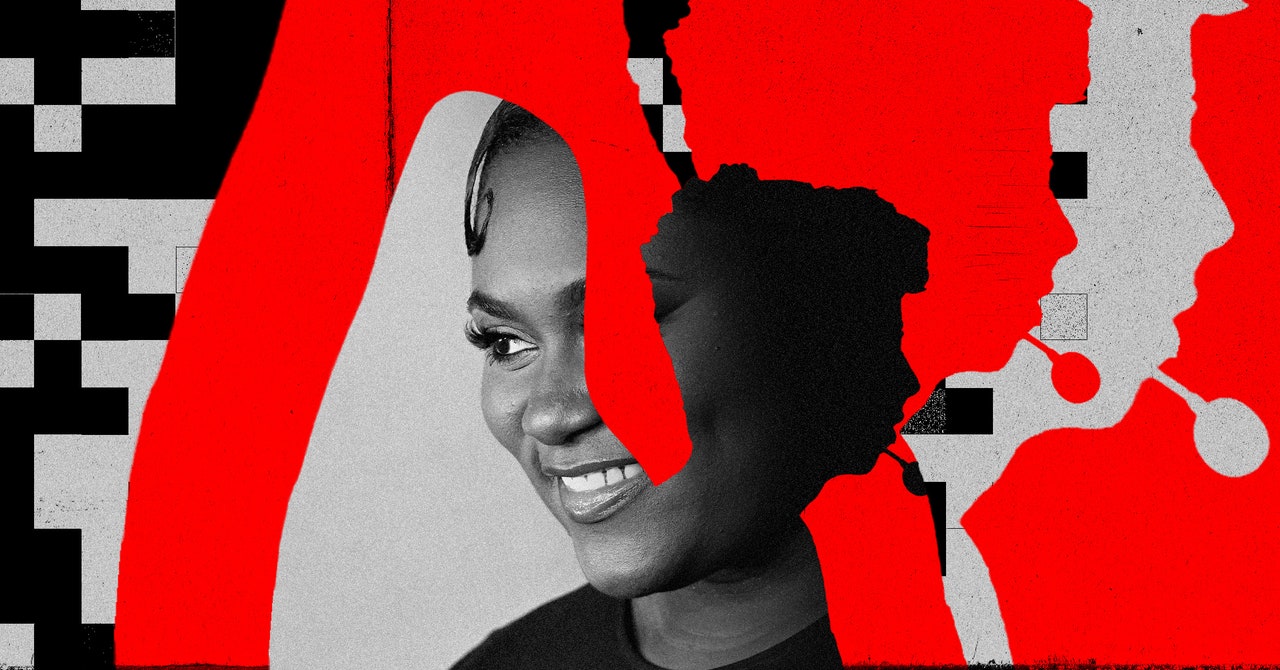In early September, Warner Bros. released a teaser for A Minecraft Movie, the studioâs new film based on Mojangâs nearly 15-year-old sandbox game. Directed by Napoleon Dynamite helmer Jared Hess, it was, frankly, very goofy. Jack Black was Steve; Jason Momoa was sporting maybe the worst hairdo heâs ever had. Everyone involved, even the animated creatures, seemed to think they were in a different movie.
But that wasnât what the trolls latched onto. Instead, they fixed on the fact that a Black womanâOrange Is the New Blackâs Danielle Brooksâwas in the Overworld.
As the trailer racked up dislikes, right-wing influencers like Elijah Schaffer and Nick Fuentes posted Brooksâ image next to disparaging comments and made references to âforced diversityâ and âwokeâ Hollywood. It was Gamergate 2.0âa reimagining of the decade-old harassment campaign aimed at rallying against diversity, equity, and inclusionâbut aimed at a kidsâ movie, rather than a video game.
According to Wendy Via, cofounder and CEO of the Global Project Against Hate and Extremism, which just published a report looking at the far rightâs racist comments about the trailer, the response comes from a new, and also quite old, playbook. âLarge-scale campaigns against trailers specifically are a relatively new phenomenon, but attempting to frame âwokenessâ as an invisible enemy infiltrating the entertainment industry is not,â Via says.
Via points out that back in spring of 2023, the far-right X account End Wokeness made similar noise about a âProtect Trans Kidsâ flag that appeared briefly in the trailer for Spider-Man: Across the Spider-Verse. The goal of these campaigns is to target âspaces where young, white men are influenced,â like sci-fi movies and video games, which appeal to younger audiences, Via adds. âProviding racist and homophobic commentary on popular franchises through large social media platforms like Twitter and YouTube serves as an effective means to propagandize and recruit young people to hate movements.â
Take, for example, The Acolyte. Earlier this year, the Disney+ show found itself the target of fan backlash while star Amandla Stenberg was subjected to racist comments online. So, too, was Kelly Marie Tran, who played Rose Tico in the most recent Star Wars movie trilogy. The minimizing of her role in the last installment, The Rise of Skywalker, perhaps emboldened diversity detractors further.
Reception of The Acolyte seemed, almost, to be a solidification. Fan unrest in the Star Wars universe is a cousin to, if not a direct descendant of, Gamergate, and since former Trump White House strategist Steve Bannon harnessed the energy of that movement and used it to fuel the then burgeoning so-called alt-right, influencers have used similar tactics to convince aggrieved men that their games, their shows and movies, and their country are somehow being taken from them.
By the time the Minecraft Movie trailer dropped, the script was already set. Influencers just had to pick which lines to say.

